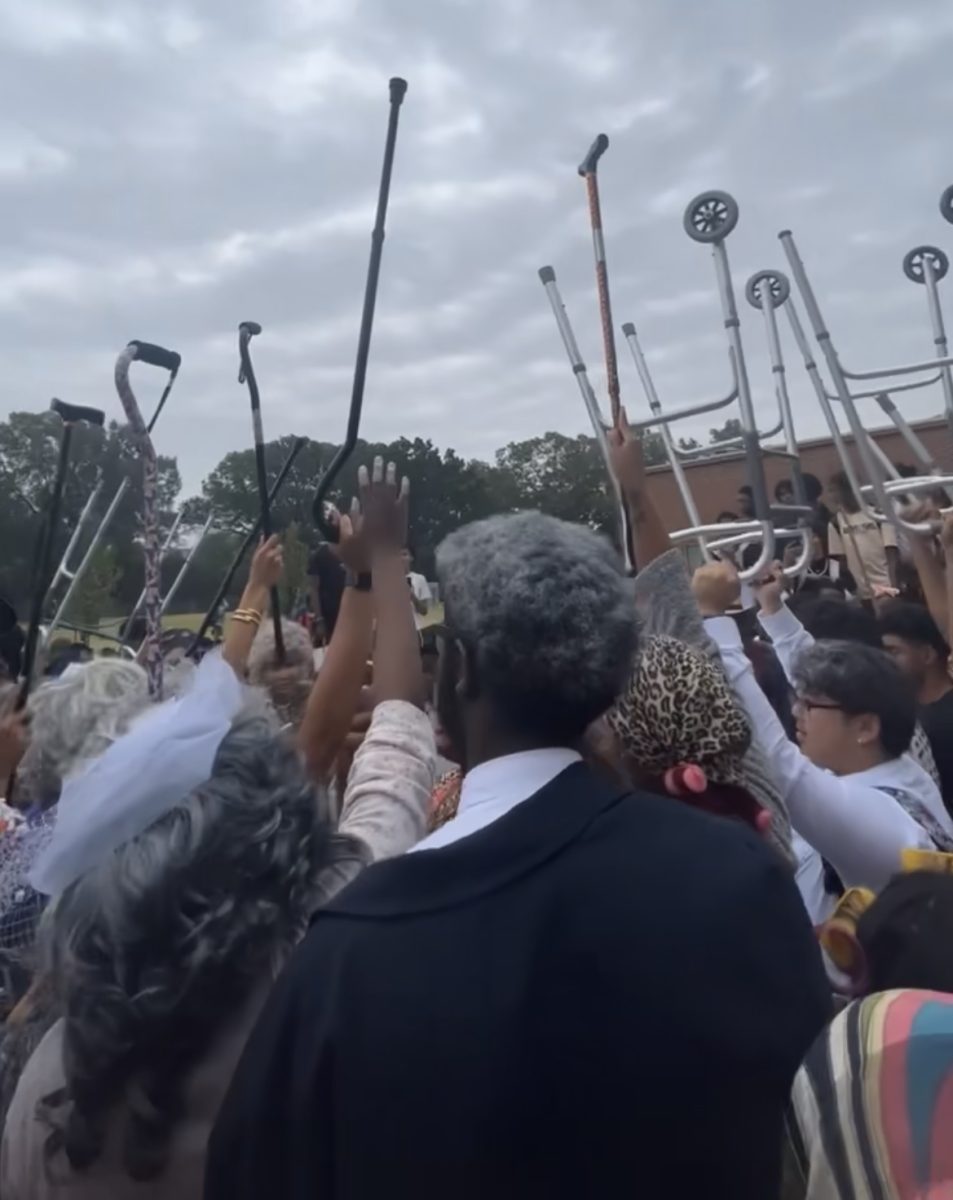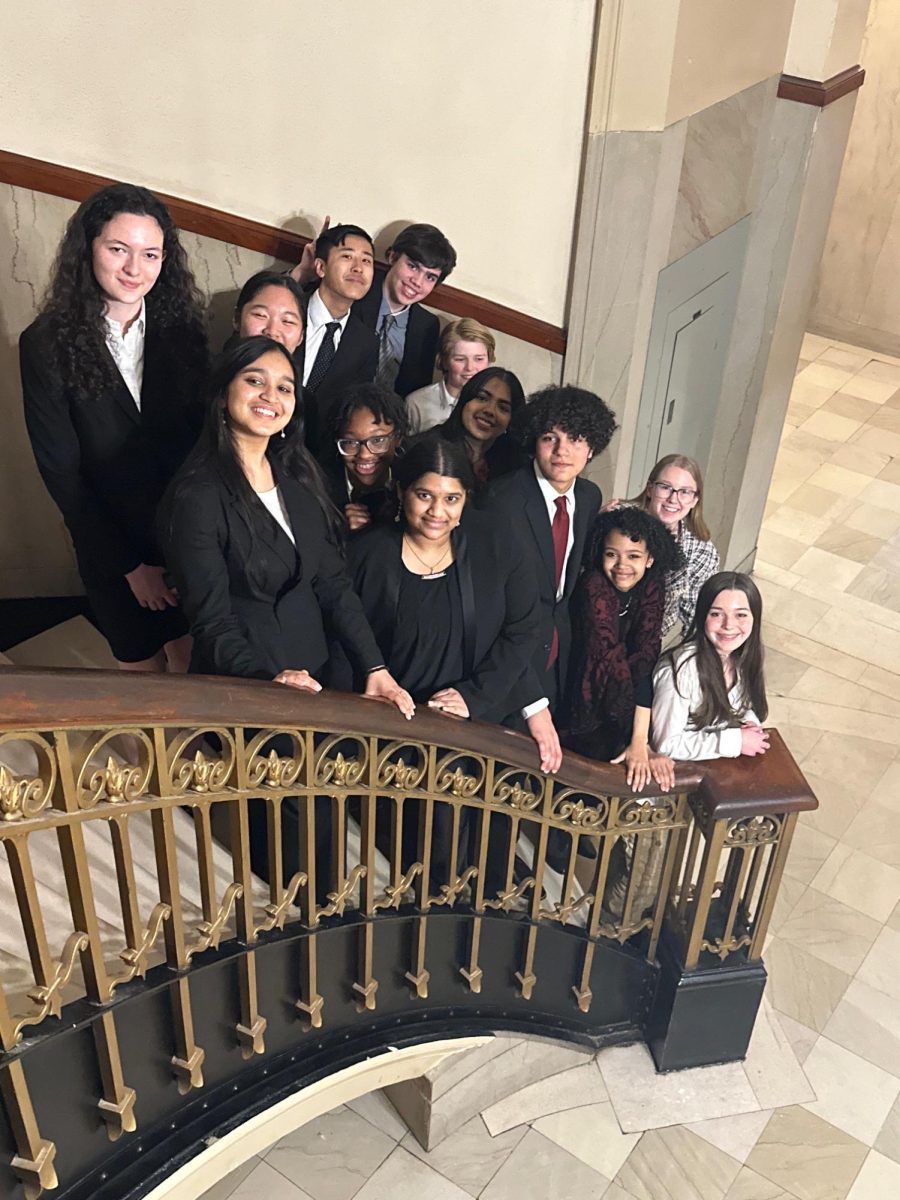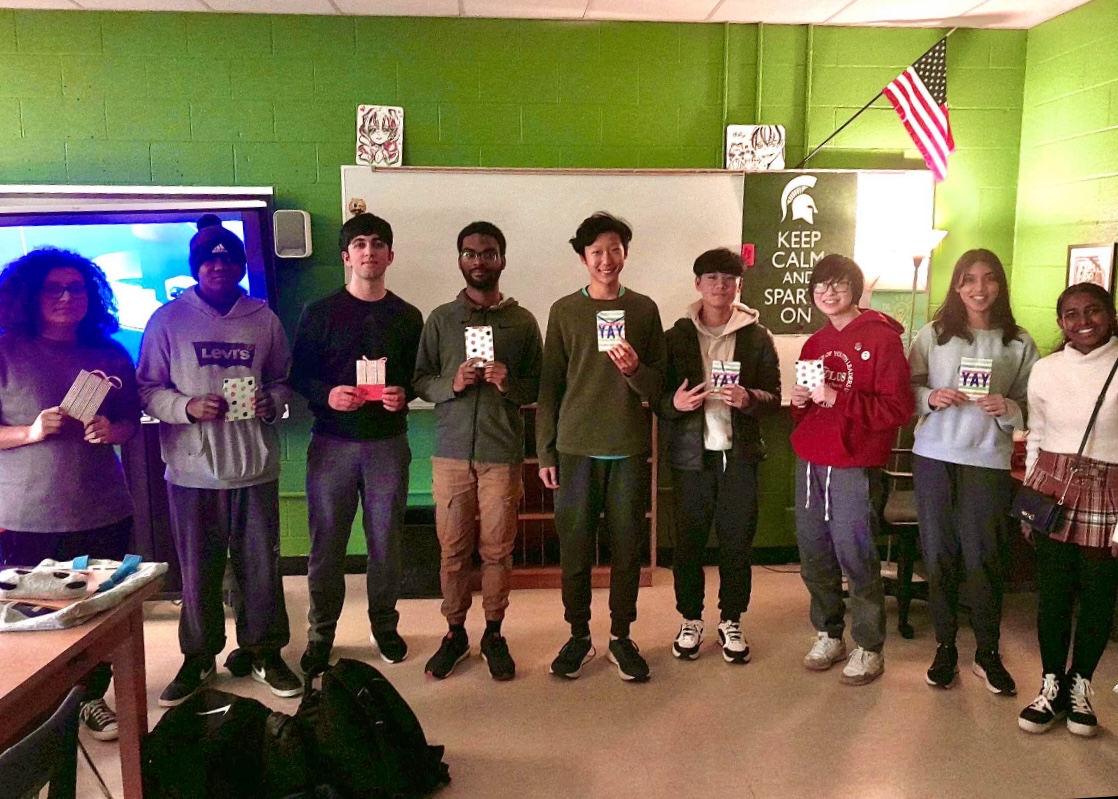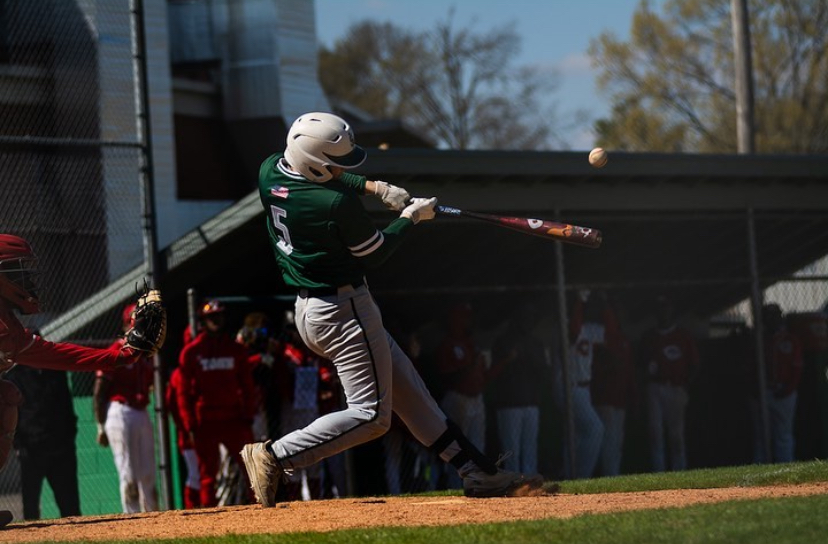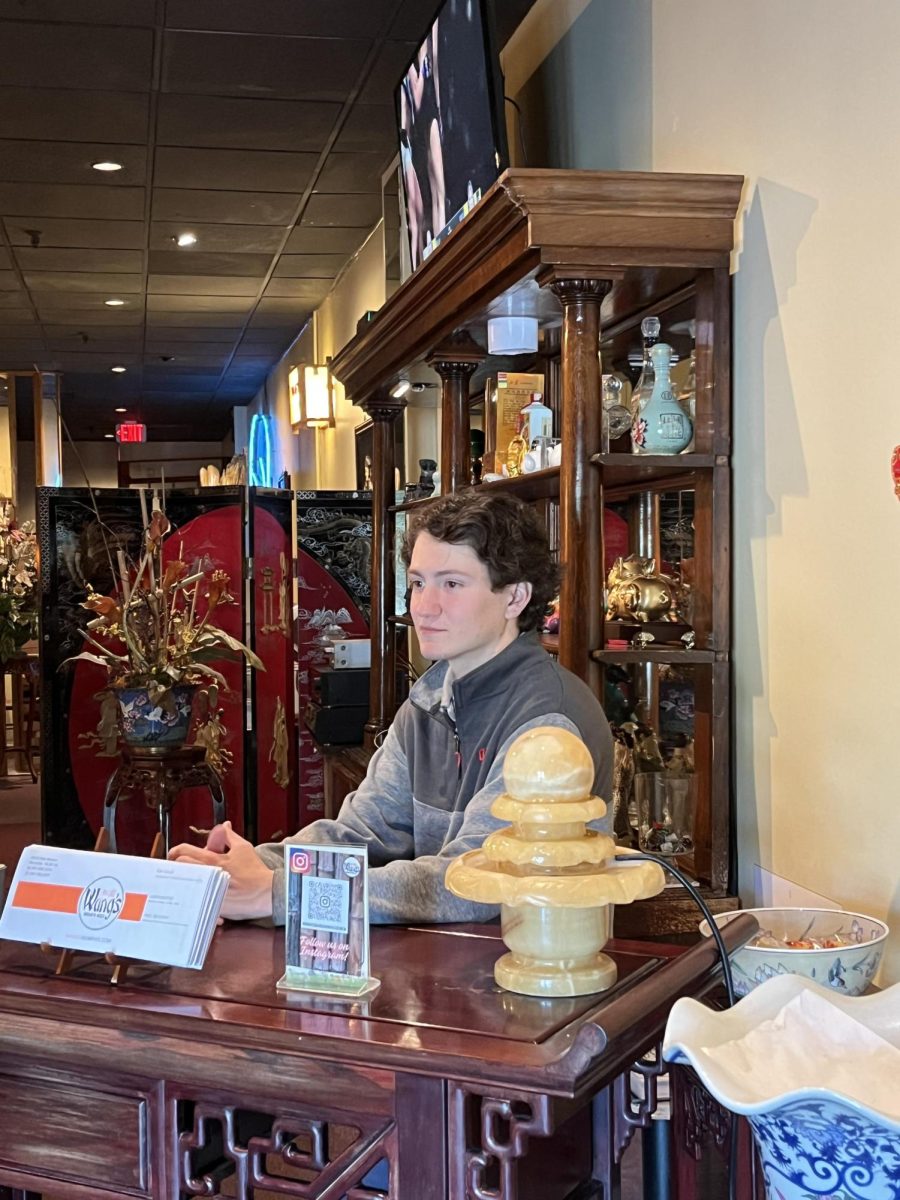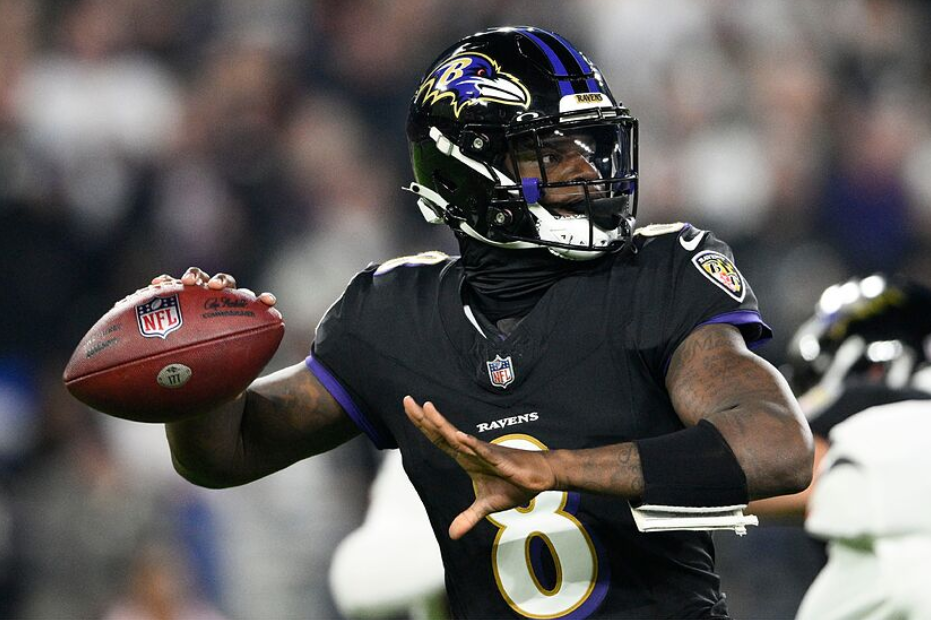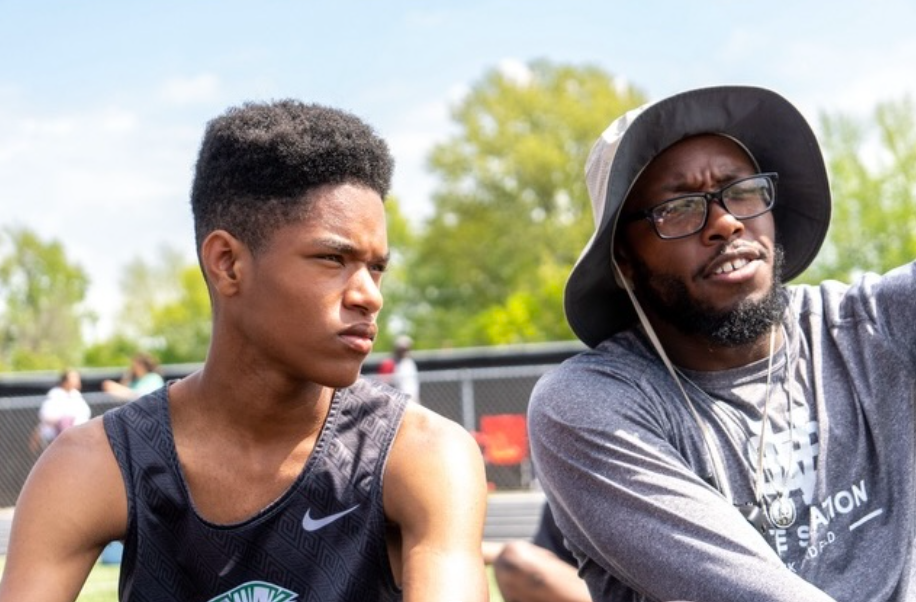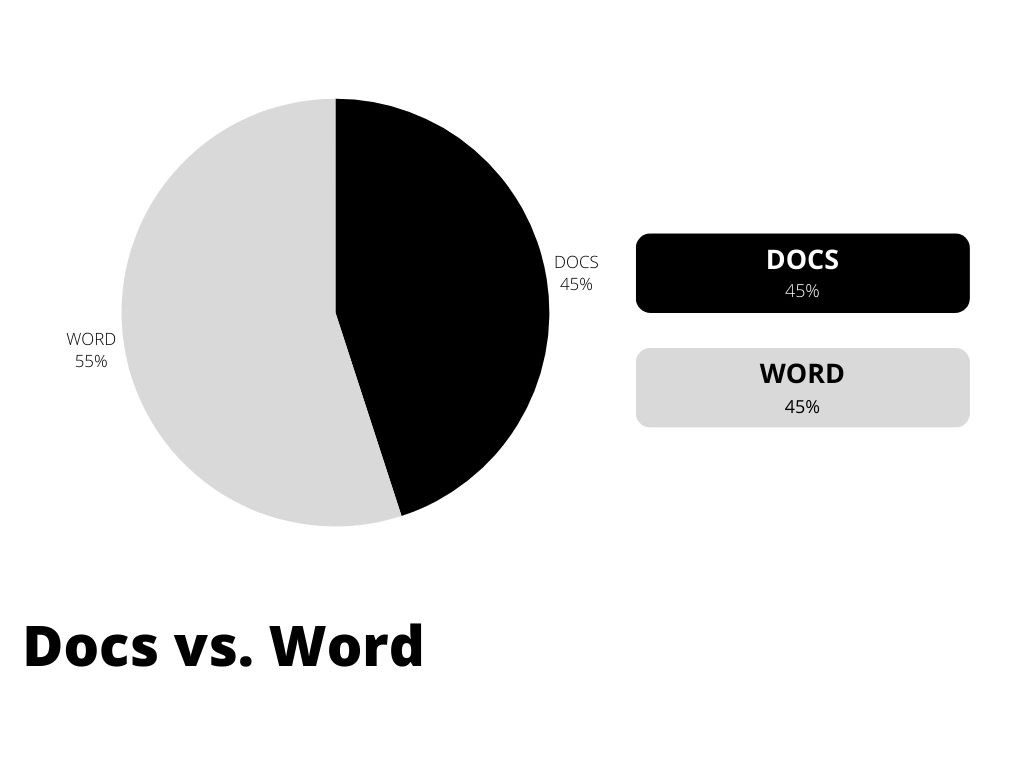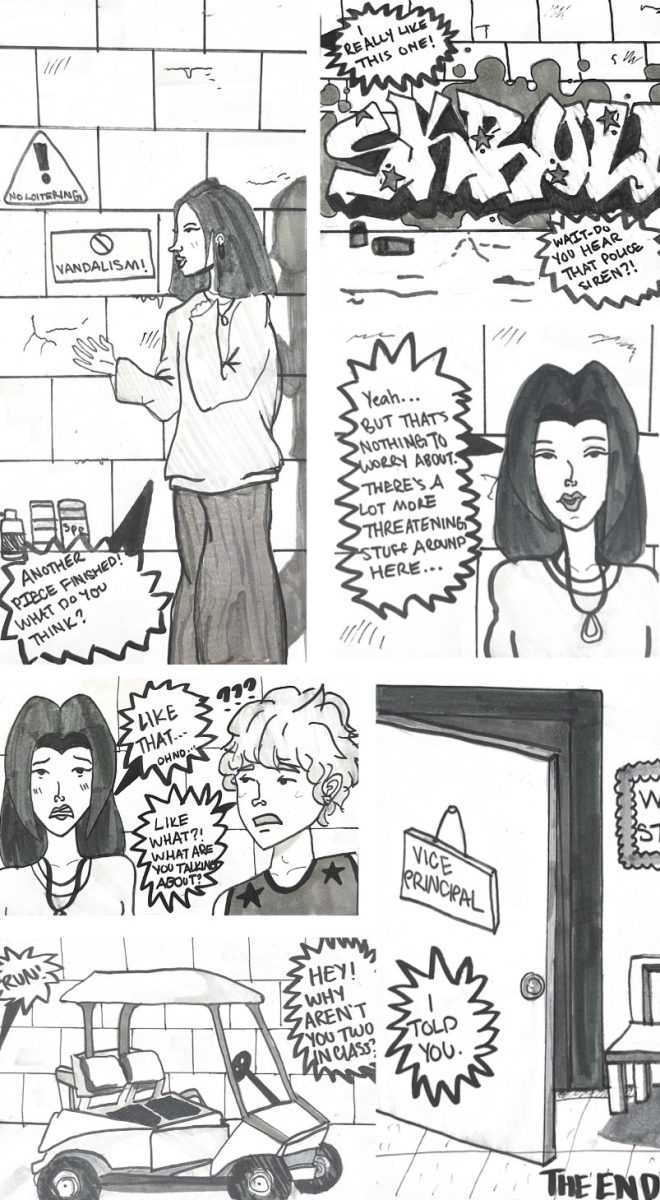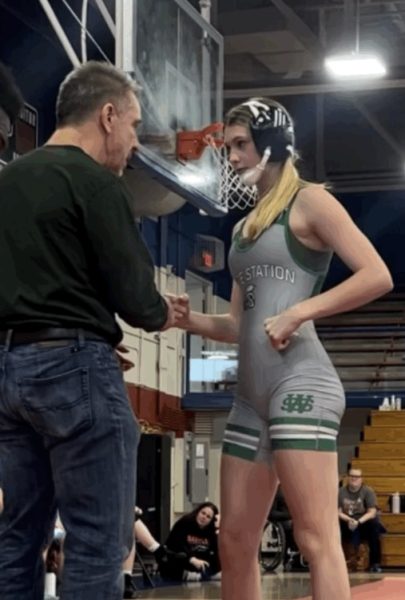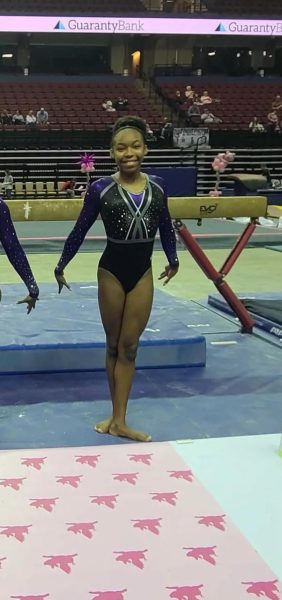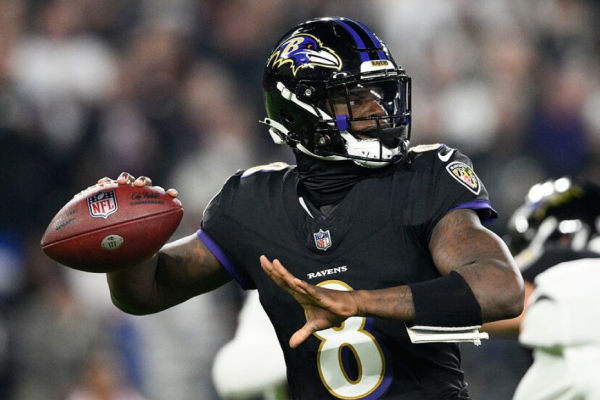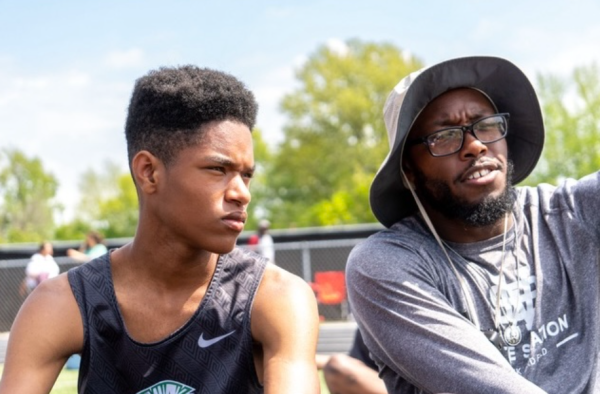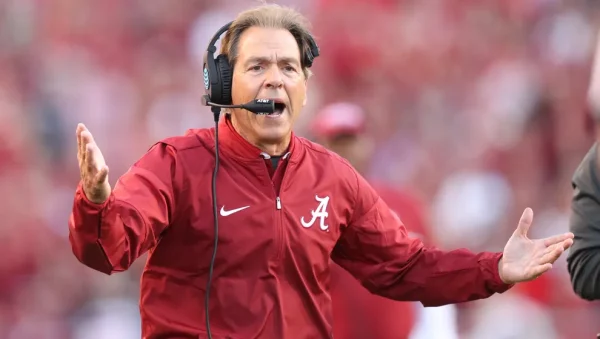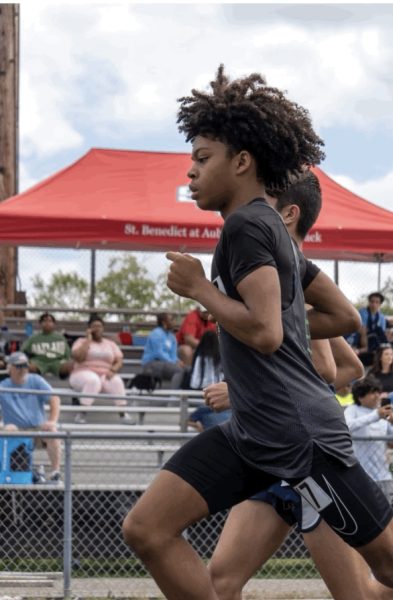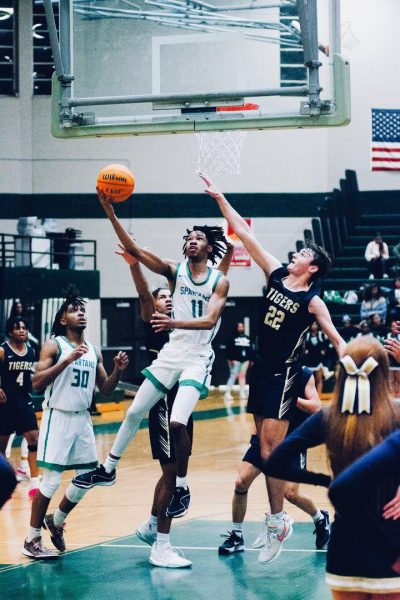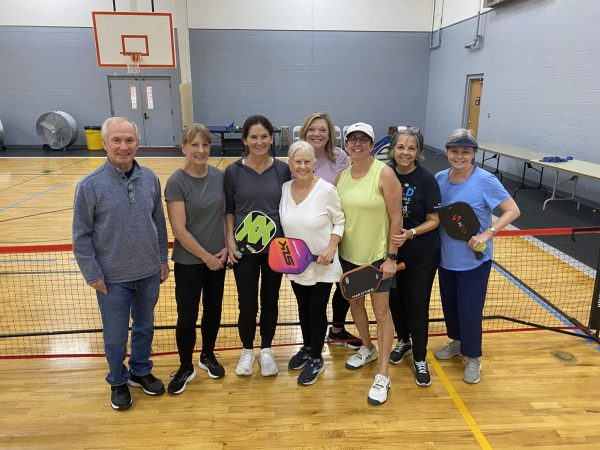Through concussions, Grant Lewis perserveres
You know right when it happens. The feeling is unlike any other injury in sports.
“I remember being dizzy, not being able to think straight, and slurring my words,” said Grant Lewis, the senior captain who has suffered not one, but two concussions.
With more research being done about concussions, scientists and doctors continue to come to the same conclusion: multiple concussions can do permanent damage to a brain.
The concussion has been at the center of sports debates for a while now. Some want immediate changes; others don’t want to “soften” football by creating rules that take away the physical nature of the game. Rules have already been set up in almost every level of football to prevent the infamous injury.
The NFL set up a 15-yard penalty and a heavy fine for any head-to-head contact, which seems to cause the most concussions. The NCAA set up a “targeting” rule, which also bans any head-to-head contact. The player who initiated the contact will be charged with a 15-yard penalty and will be ejected from the game.
The true problem lies in high school sports. There are rules that protect players from head-to-head hits, but there is no certain way to make the right call. In the NFL and college football, the ref has the ability to review the play; high school referees do not.
“There is a targeting rule [in high school], but it’s a little bit harder to call because there are no review booths,” said Lewis.
High school players are usually between 15-18 years old. Their brains are still not fully developed, so damage done to the head can cause significant damage. According to a study done by the University of Montreal last March, teens showed deficits in memory for up to a year after suffering a concussion in a contact sport.
This does not scare Lewis, who has missed only one game all season from this head injury.
You can highlight Lewis’s heroic effort, playing through these agonizing injuries, or you can look at it another way. Is it worth it? Is playing football worth suffering these painful concussions, the risk of long-term, and sometimes permanent injury to your brain?
For some people it’s about the “love of the game.” For others it is about earning a college scholarship. For a select few it is the chance to play in the pros. Lewis, though, has a different motivation.
“I’m a believer in God, and whenever I have a setback, I trust in His overall plan for me. It’s not always easy, but that confidence helps me get back on the field. I’ll push through anything to play with my team.”
Your donation will support the student journalists of White Station High School. Your contribution will allow us to purchase equipment and cover our annual website hosting costs.
